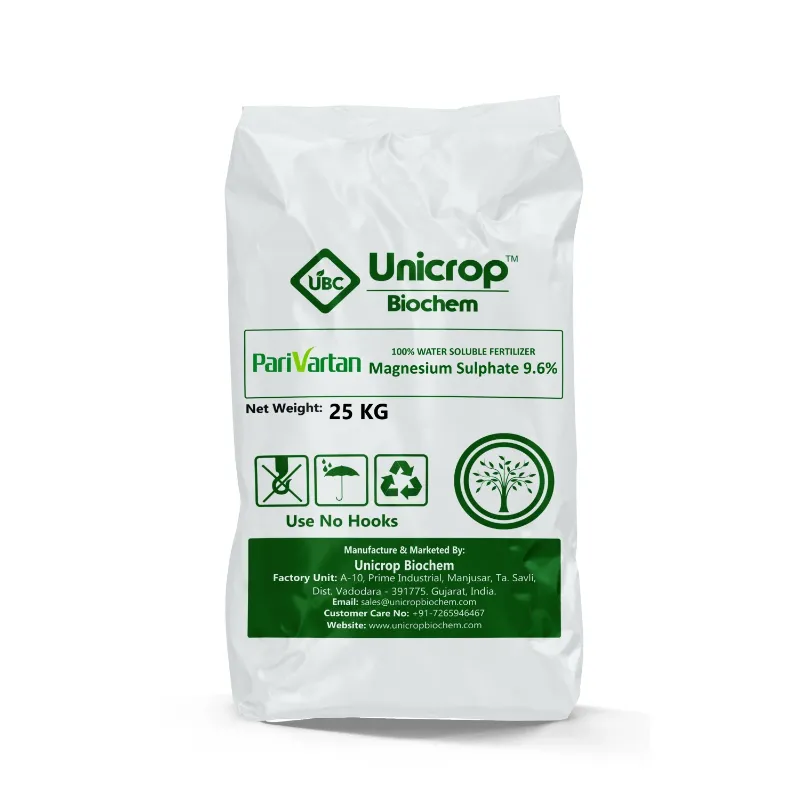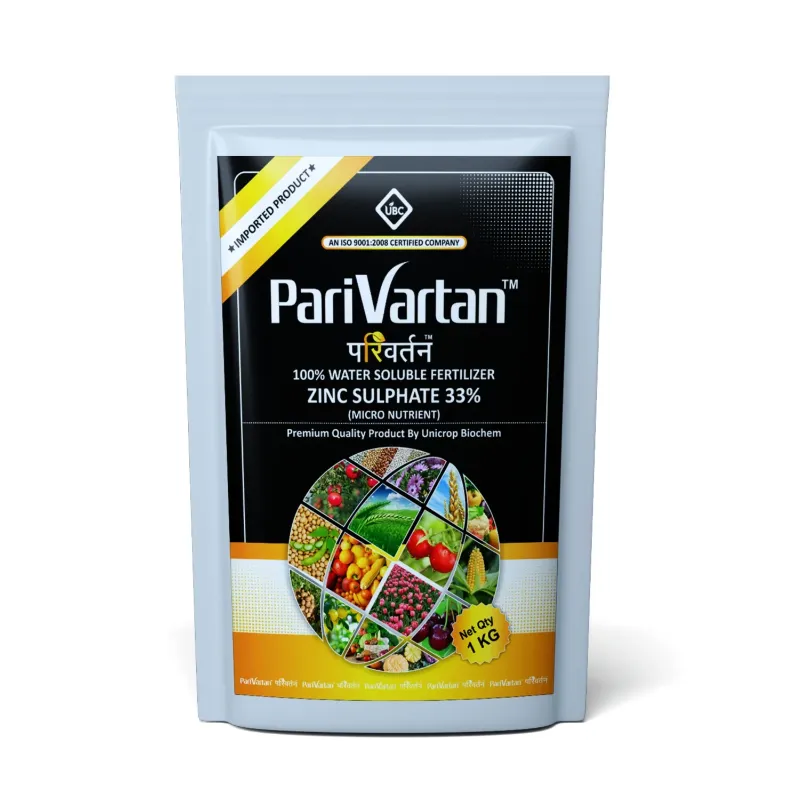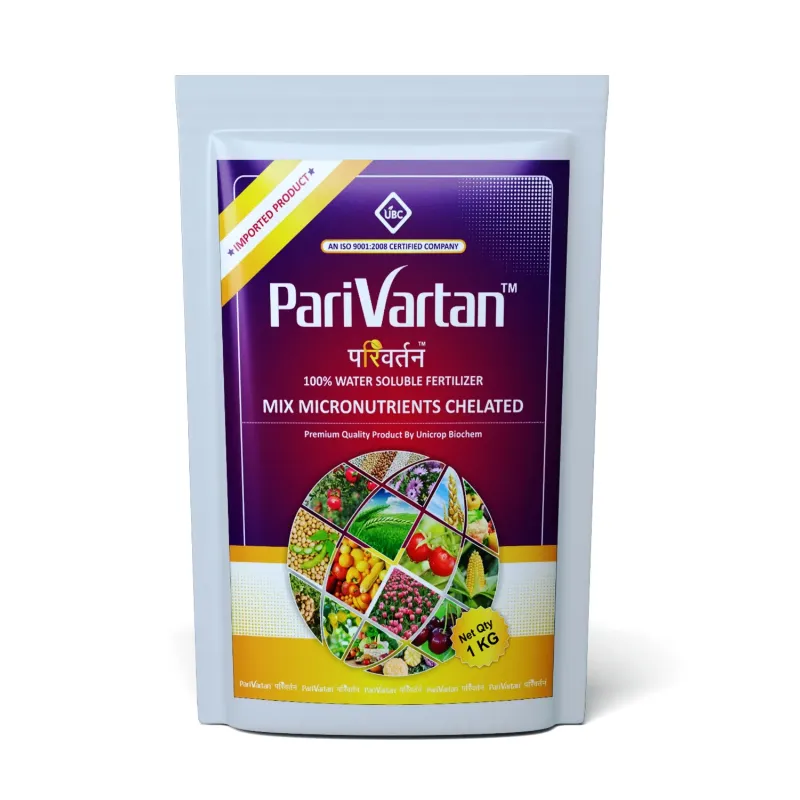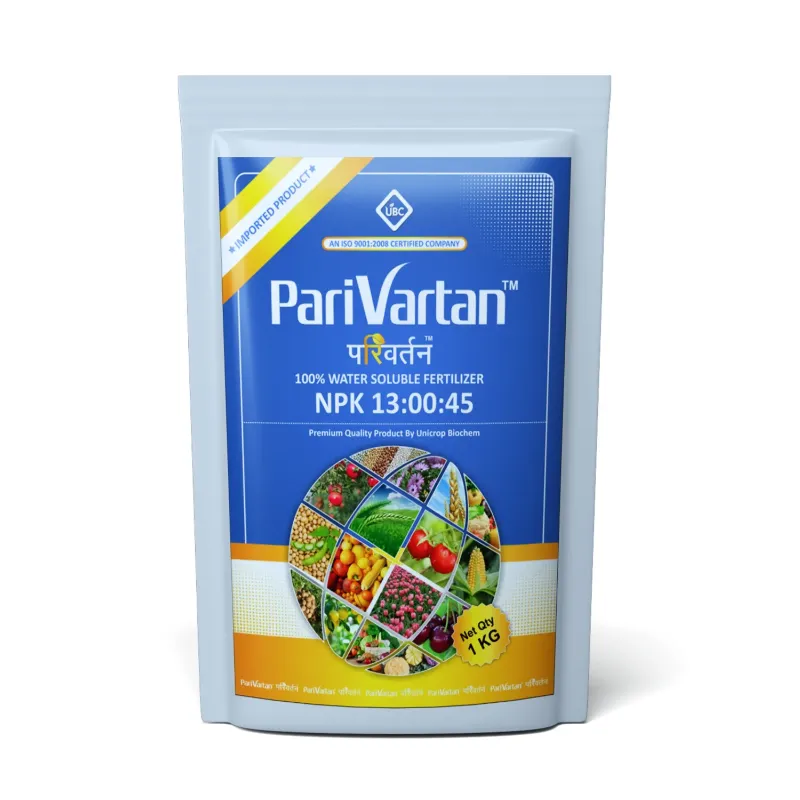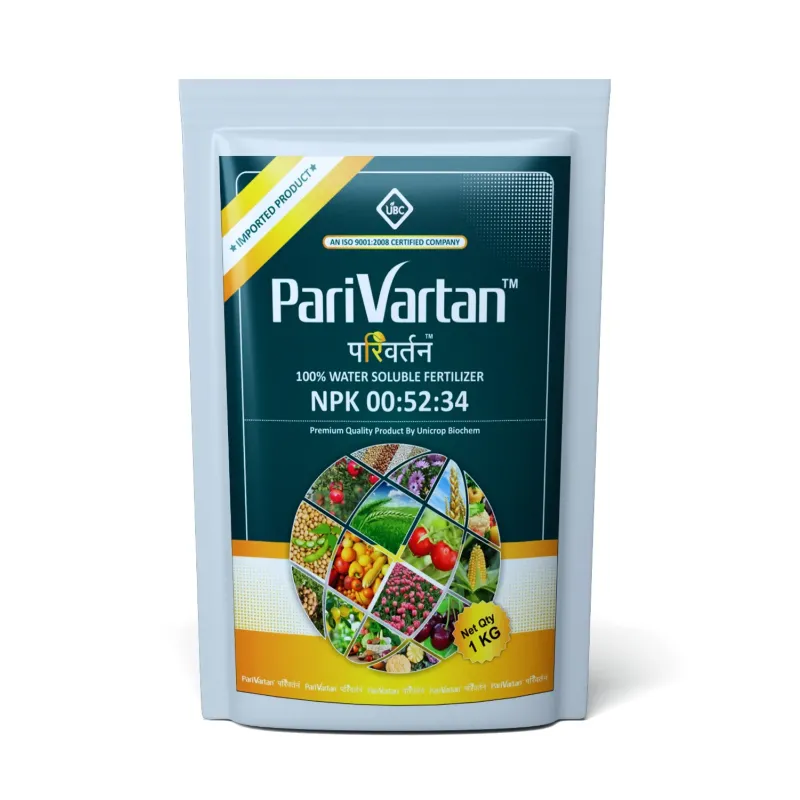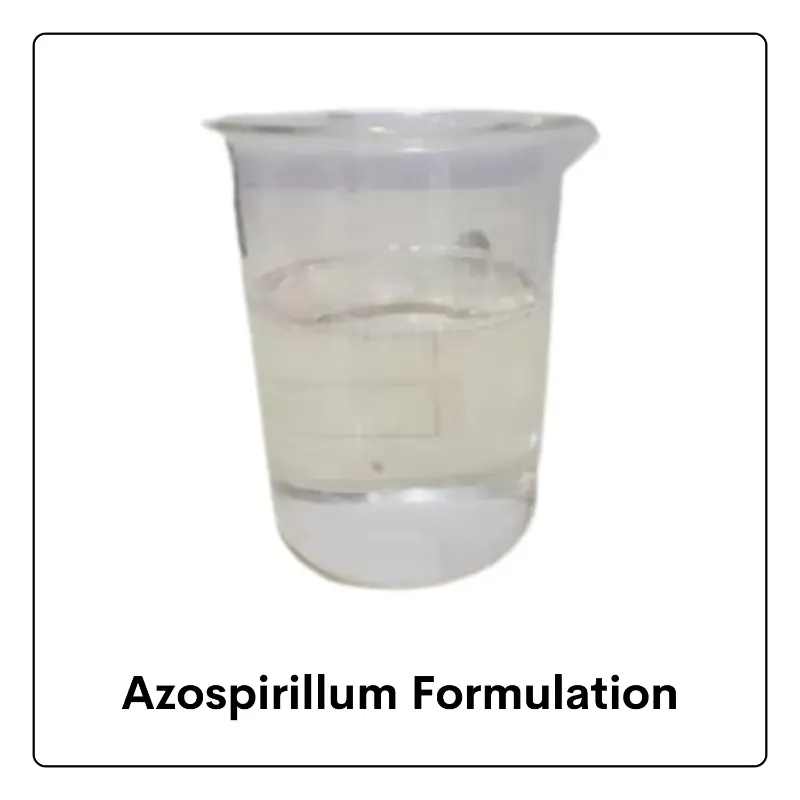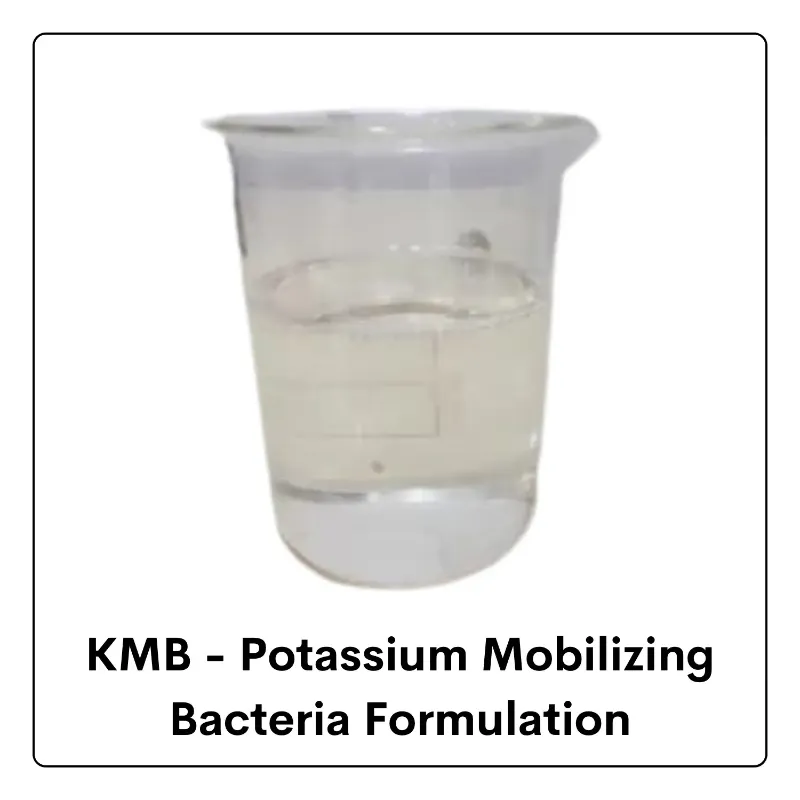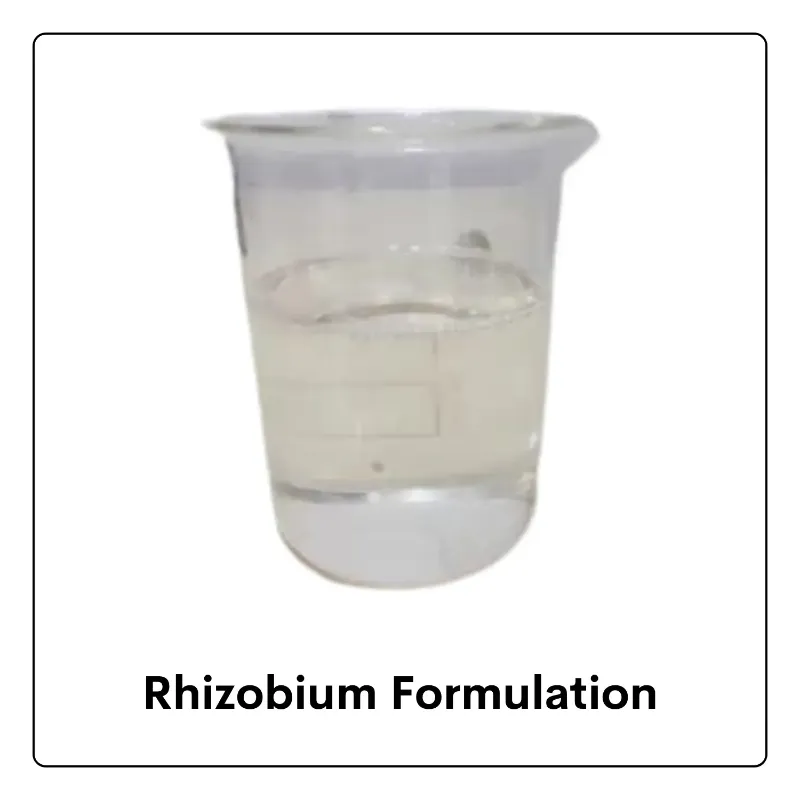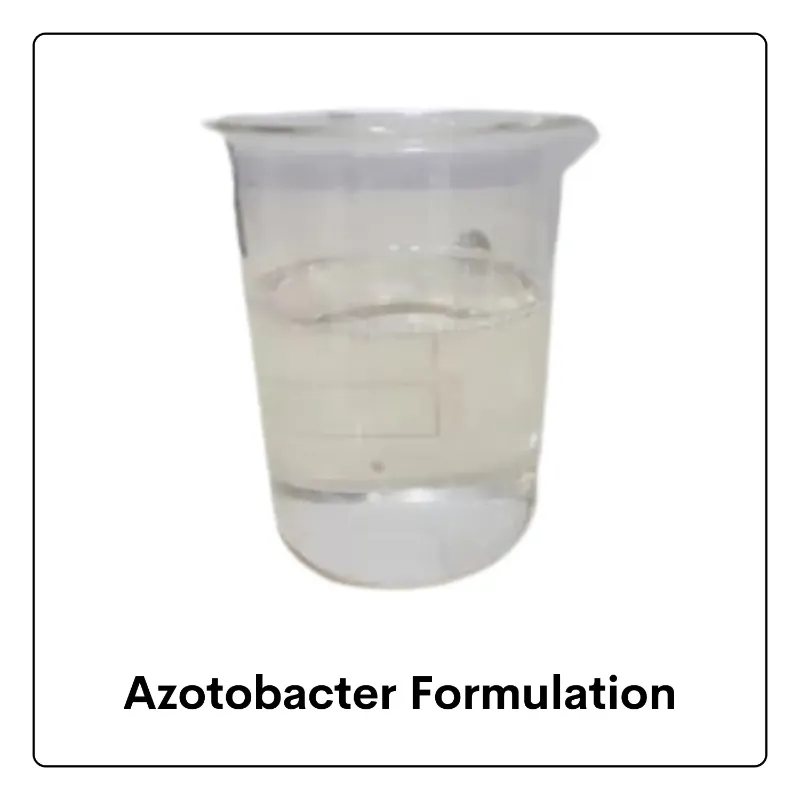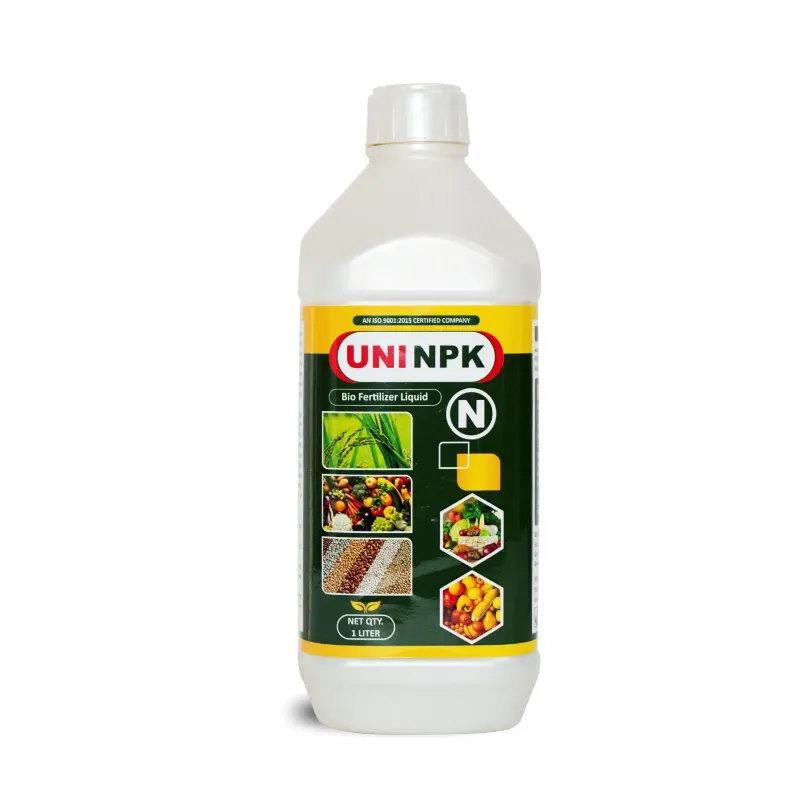Azoto-N Biofertilizer by Unicrop Biochem is an essential tool for farmers seeking sustainable agricultural practices. As a nitrogen-fixing biofertilizer, Azoto-N plays a crucial role in enhancing soil fertility and promoting healthy plant growth. Understanding the correct dosage for its application is key to maximizing its benefits. This blog will explore the recommended dosage for applying Azoto-N Biofertilizer, its benefits, and how it contributes to better crop productivity.
Introduction to Azoto-N Biofertilizer
Azoto-N Biofertilizer is a microbial-based fertilizer that contains nitrogen-fixing bacteria, specifically designed to convert atmospheric nitrogen into a form that plants can readily absorb. Nitrogen is a critical nutrient that plants require for growth and development. By using Azoto-N, farmers can reduce their dependence on synthetic nitrogen fertilizers, promote sustainable farming practices, and improve crop yields.
Unicrop Biochem has developed Azoto-N to support farmers in achieving higher productivity while maintaining the health of their soil. The biofertilizer is suitable for a variety of crops, including cereals, pulses, vegetables, and fruits.
Importance of Correct Dosage
Applying the correct dosage of Azoto-N Biofertilizer is crucial for achieving the desired results. Over-application can lead to wastage and potential harm to the soil’s microbial balance, while under-application may not provide sufficient nitrogen to the plants, leading to suboptimal growth. Therefore, understanding the recommended dosage for different crops and application methods is essential for maximizing the effectiveness of Azoto-N.
Recommended Dosage for Various Crops
The dosage of Azoto-N Biofertilizer varies depending on the type of crop, soil conditions, and application method. Here’s a general guide to the recommended dosage:
1. Cereal Crops (Wheat, Rice, Maize)
- Seed Treatment: 200 grams of Azoto-N per 10 kilograms of seeds.
- Soil Application: 2-3 kilograms of Azoto-N mixed with 50 kilograms of compost per acre.
- Benefits:
- Enhanced root development, leading to better nutrient absorption.
- Improved crop yield and quality.
2. Pulses (Lentils, Chickpeas, Peas)
- Seed Treatment: 200 grams of Azoto-N per 10 kilograms of seeds.
- Soil Application: 2-3 kilograms of Azoto-N mixed with 50 kilograms of compost per acre.
- Benefits:
- Increased nitrogen availability, reducing the need for synthetic fertilizers.
- Better growth and higher yields.
3. Vegetables (Tomatoes, Potatoes, Carrots)
- Seedling Treatment: 200 grams of Azoto-N mixed in 10 liters of water, used for dipping seedlings before transplanting.
- Soil Application: 3-4 kilograms of Azoto-N mixed with 50 kilograms of compost per acre.
- Benefits:
- Promotes healthy plant growth and improves crop quality.
- Reduces the incidence of soil-borne diseases.
4. Fruit Crops (Mango, Citrus, Grapes)
- Soil Drenching: 2-3 kilograms of Azoto-N mixed in 100 liters of water per acre.
- Soil Application: 3-4 kilograms of Azoto-N mixed with 50 kilograms of compost per acre, applied around the base of the trees.
- Benefits:
- Supports healthy fruit development and increases fruit size.
- Enhances the overall health of the orchard.
Application Methods
The effectiveness of Azoto-N Biofertilizer is also influenced by the method of application. Here are some common methods and their benefits:
1. Seed Treatment
- Process: Azoto-N is mixed with water to form a slurry, and seeds are coated with this slurry before planting.
- Advantages:
- Ensures that the nitrogen-fixing bacteria are in direct contact with the seed, promoting rapid germination and early root development.
- Cost-effective and easy to apply.
2. Soil Application
- Process: Azoto-N is mixed with compost or farmyard manure and broadcasted over the field before planting.
- Advantages:
- Enriches the soil with beneficial bacteria, enhancing soil fertility and structure.
- Provides a long-term source of nitrogen throughout the growing season.
3. Seedling Treatment
- Process: Seedlings are dipped in a solution of Azoto-N before transplanting.
- Advantages:
- Protects young plants from transplant shock and promotes vigorous growth.
- Improves survival rates and early establishment.
4. Soil Drenching
- Process: Azoto-N is dissolved in water and applied directly to the soil around the base of the plants or trees.
- Advantages:
- Ensures that the nitrogen-fixing bacteria are evenly distributed in the root zone.
- Promotes uniform growth and development of crops.
Benefits of Using the Recommended Dosage
Applying the correct dosage of Azoto-N Biofertilizer has several advantages for both the crops and the soil:
1. Enhanced Nitrogen Availability
By providing an additional source of nitrogen through biological fixation, Azoto-N ensures that plants have access to this essential nutrient throughout their growth cycle. This leads to healthier, more vigorous plants and higher yields.
2. Improved Soil Health
The nitrogen-fixing bacteria in Azoto-N not only benefit the current crop but also contribute to long-term soil fertility. By reducing the need for synthetic fertilizers, Azoto-N helps maintain a balanced soil ecosystem, promoting sustainable agriculture.
3. Cost-Effective Farming
Using Azoto-N Biofertilizer can reduce the reliance on expensive synthetic nitrogen fertilizers, leading to cost savings for farmers. Additionally, the improved crop yields and quality can result in higher market prices, further increasing profitability.
4. Environmental Sustainability
As a biofertilizer, Azoto-N is environmentally friendly, reducing the risk of soil and water pollution associated with chemical fertilizers. By promoting natural nitrogen fixation, Azoto-N supports sustainable farming practices that protect the environment.
Conclusion
Azoto-N Biofertilizer by Unicrop Biochem is a valuable tool for farmers seeking to enhance their crop productivity while maintaining soil health and promoting sustainable agriculture. The correct application of Azoto-N, following the recommended dosages for different crops and methods, is essential to achieve the best results.
By understanding the specific needs of their crops and the benefits of Azoto-N, farmers can make informed decisions that lead to healthier plants, higher yields, and more sustainable farming practices. Whether used in cereal crops, pulses, vegetables, or fruit orchards, Azoto-N Biofertilizer offers a natural, effective solution to improve nitrogen availability and boost crop productivity.
